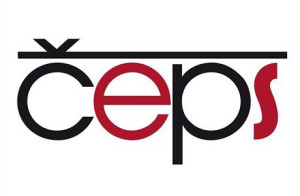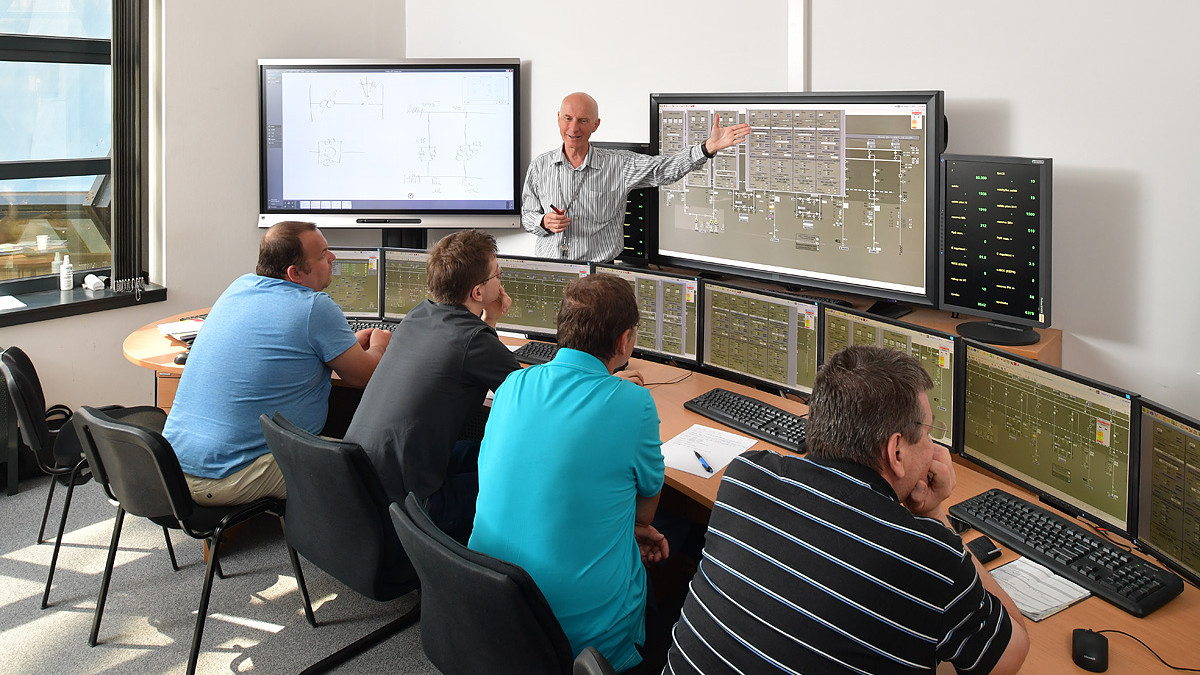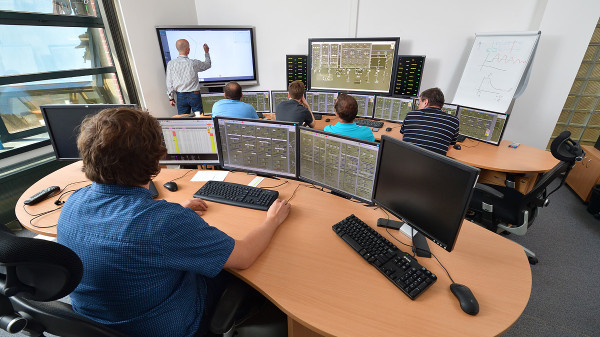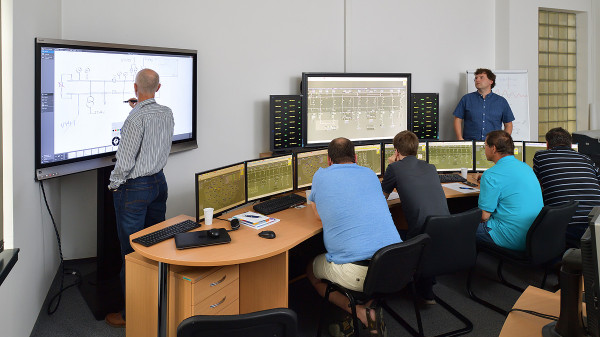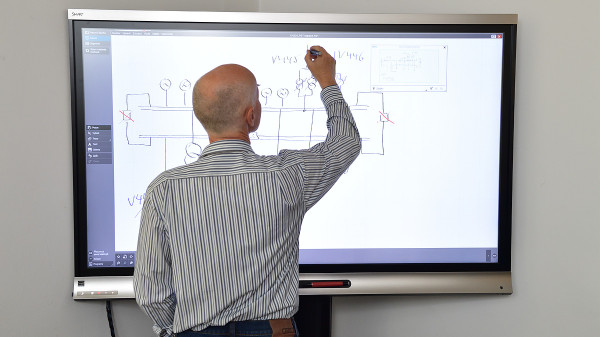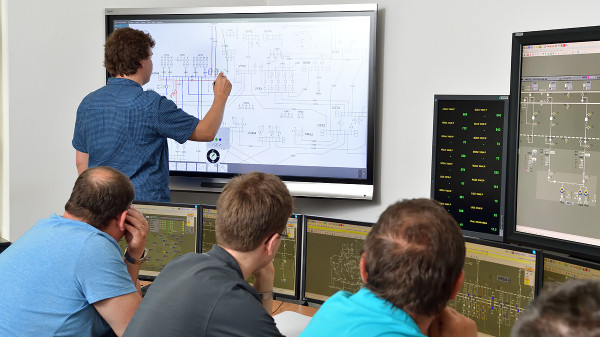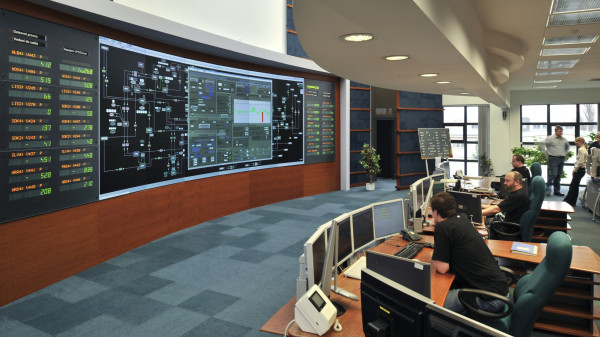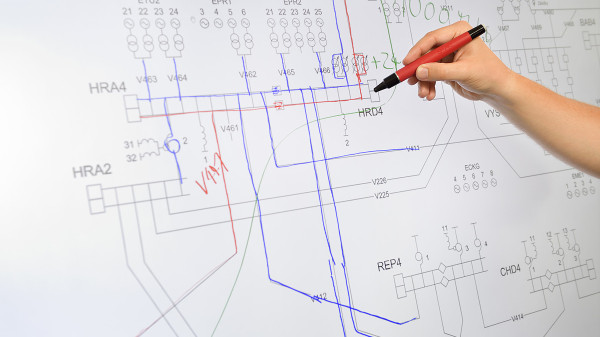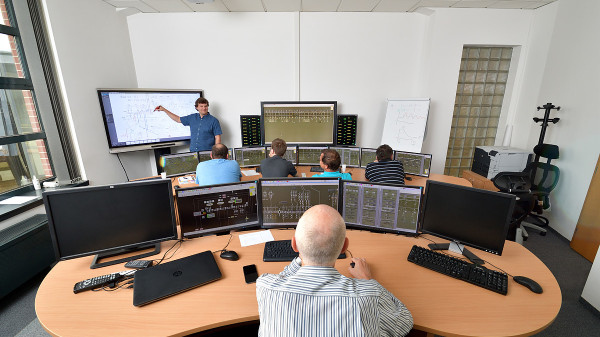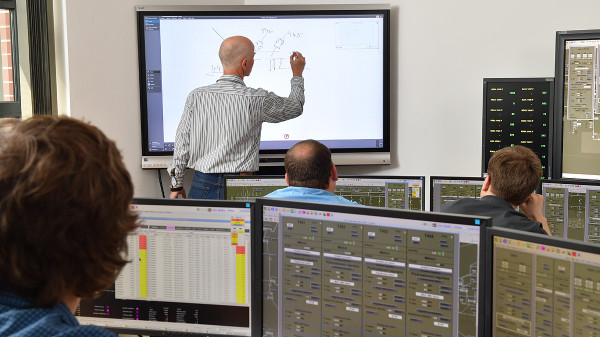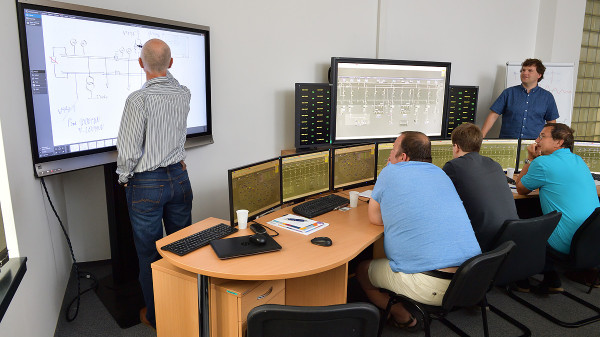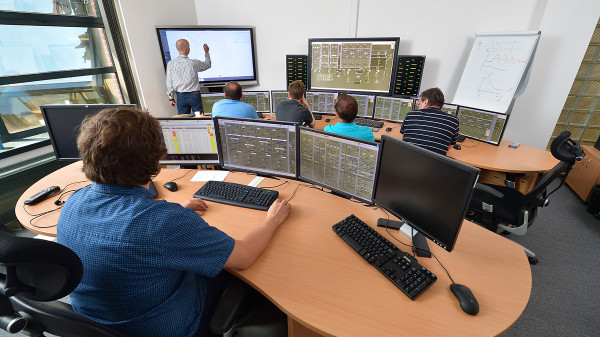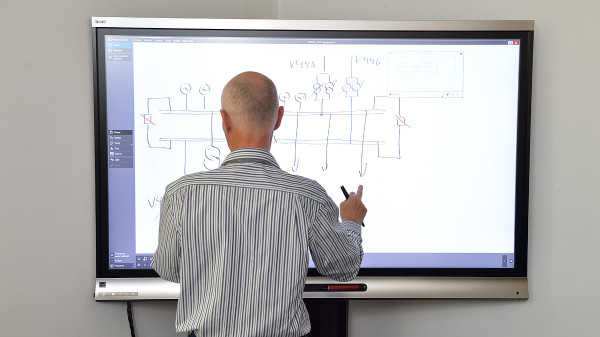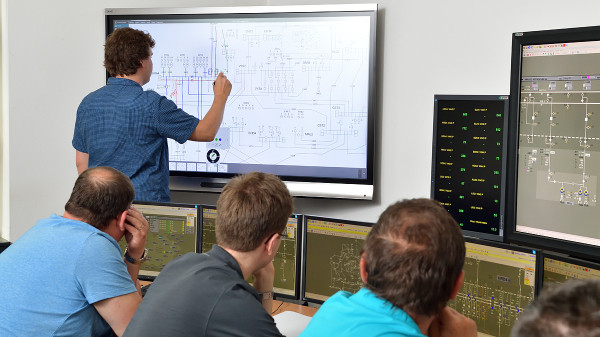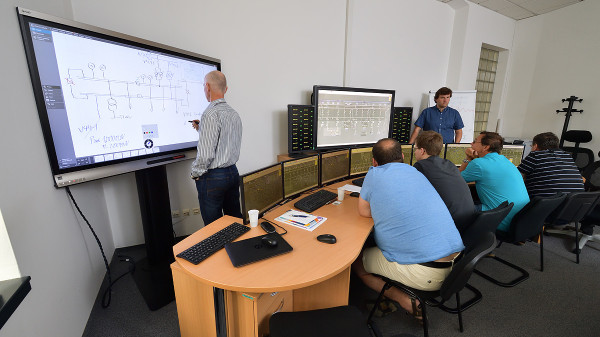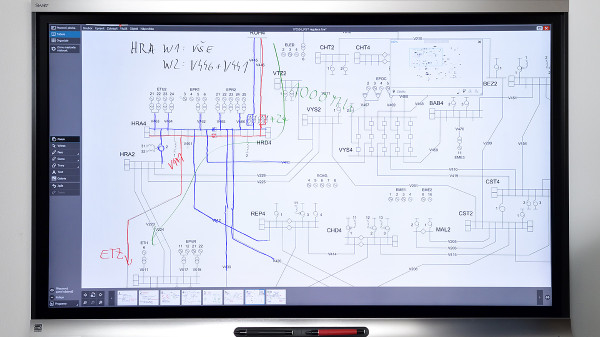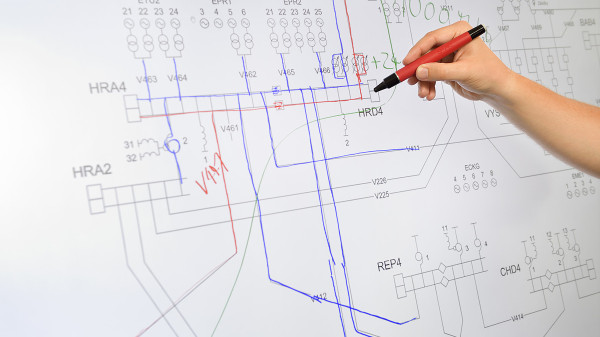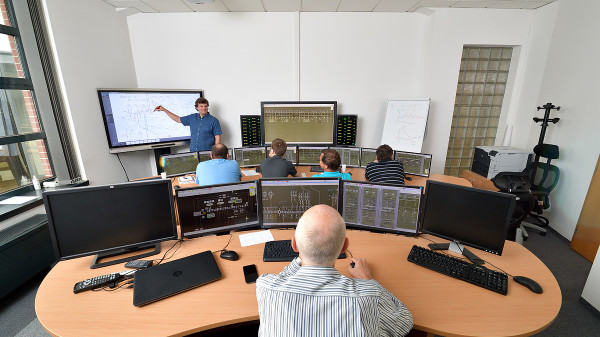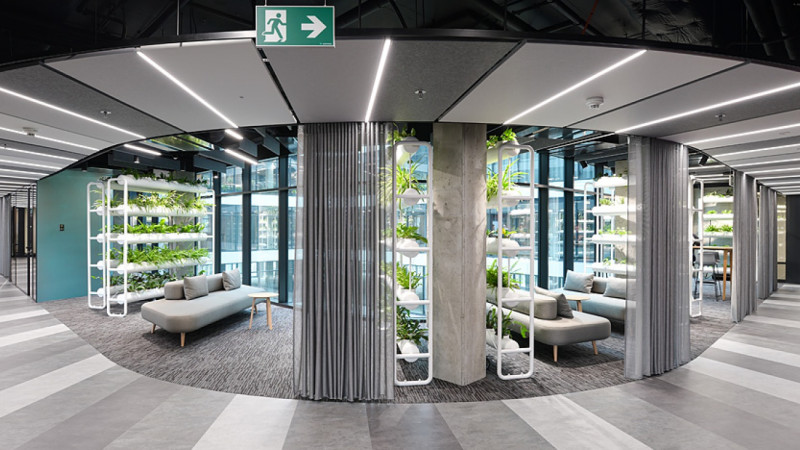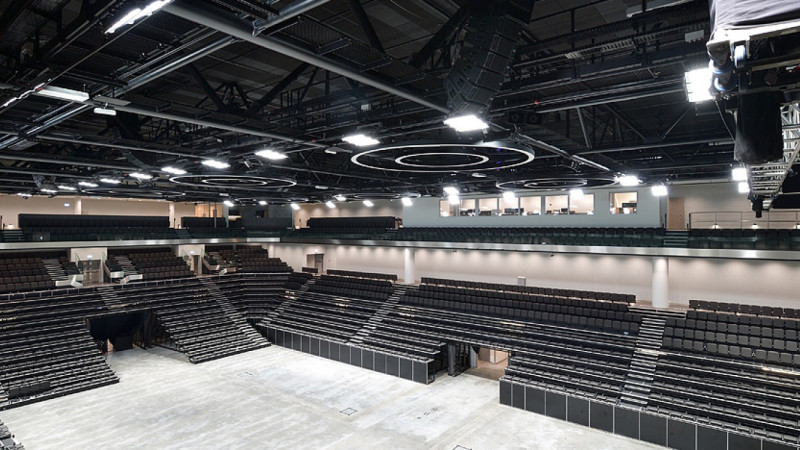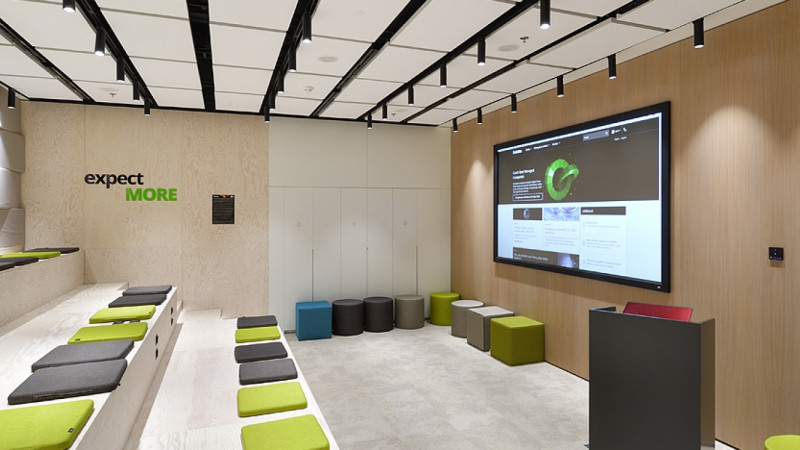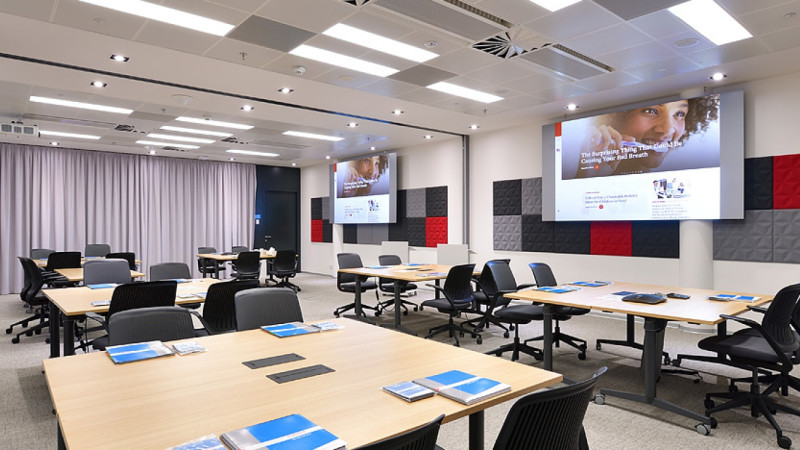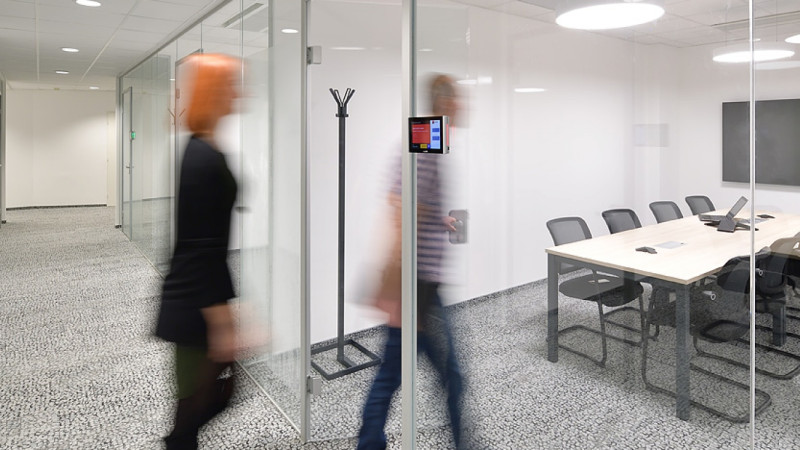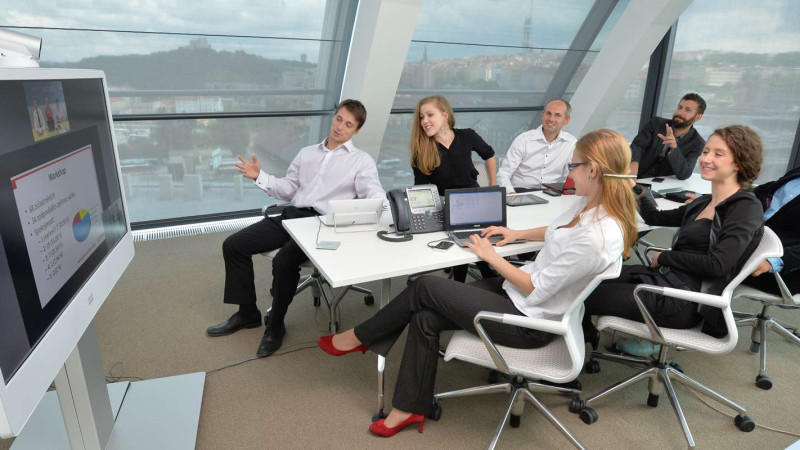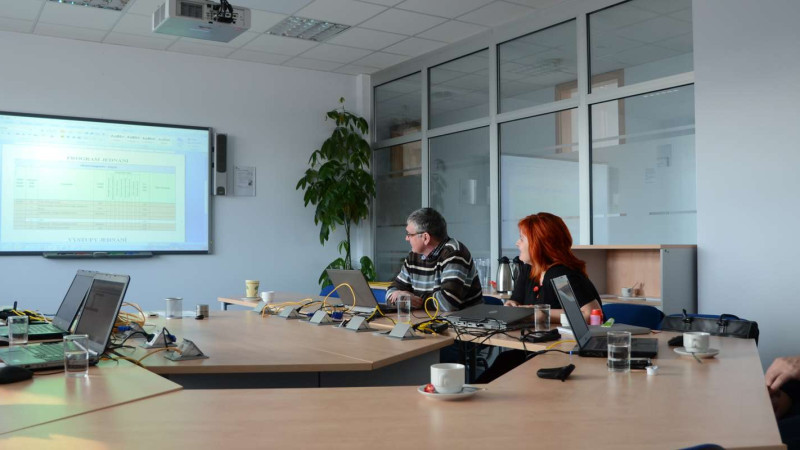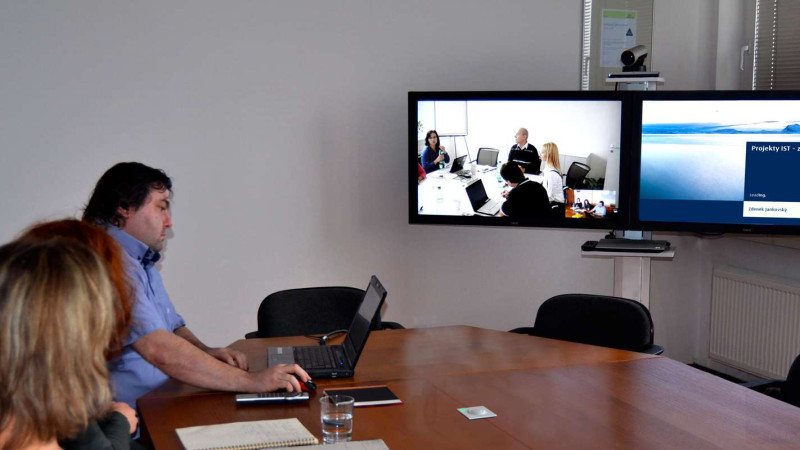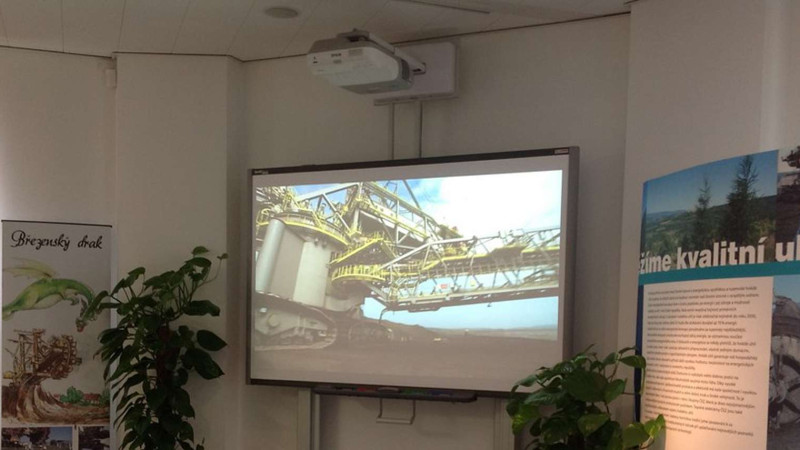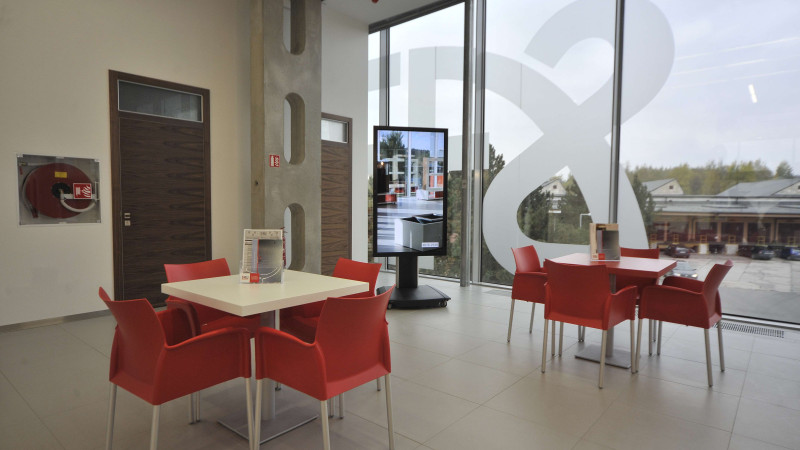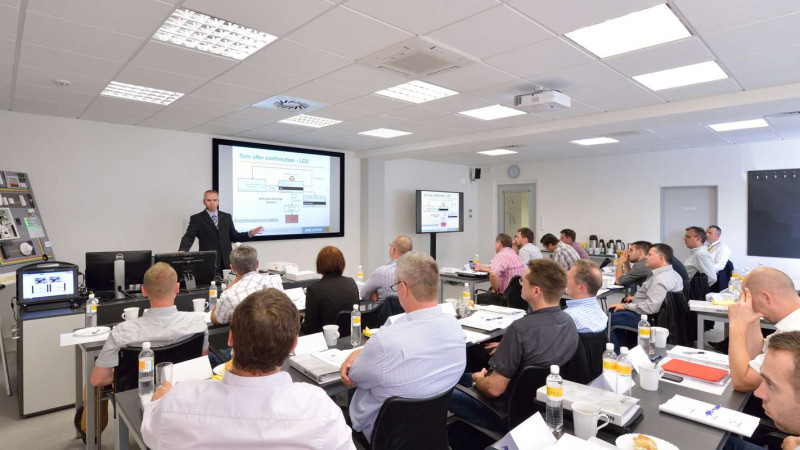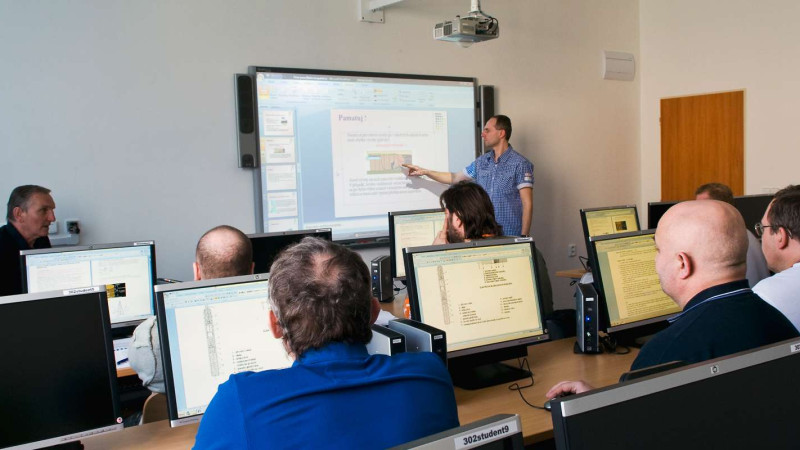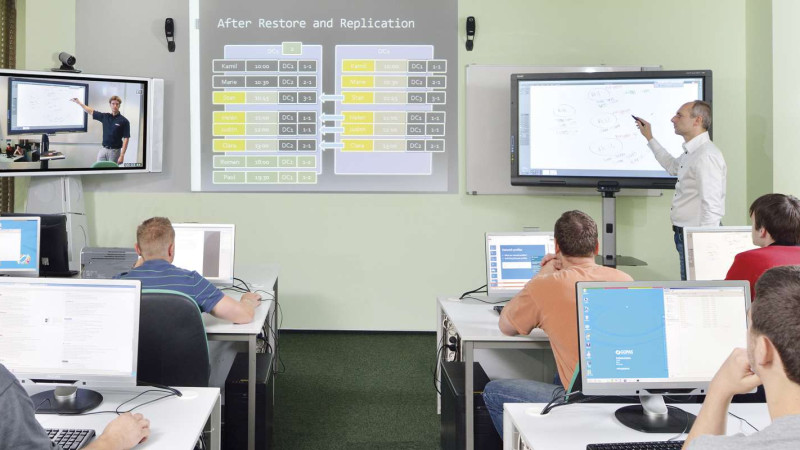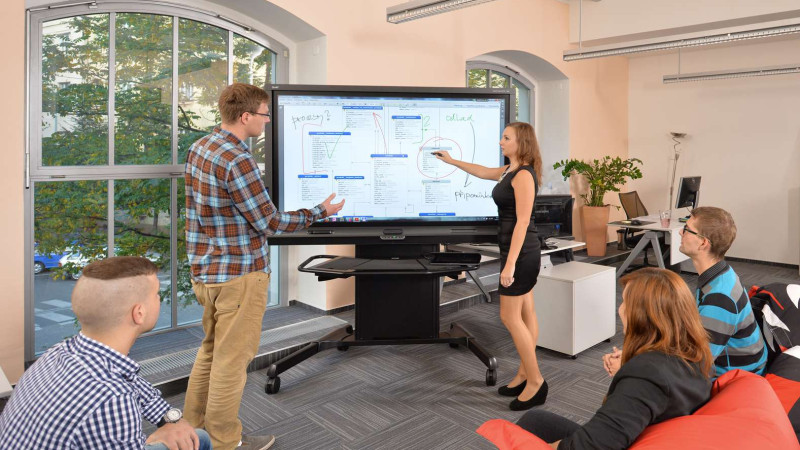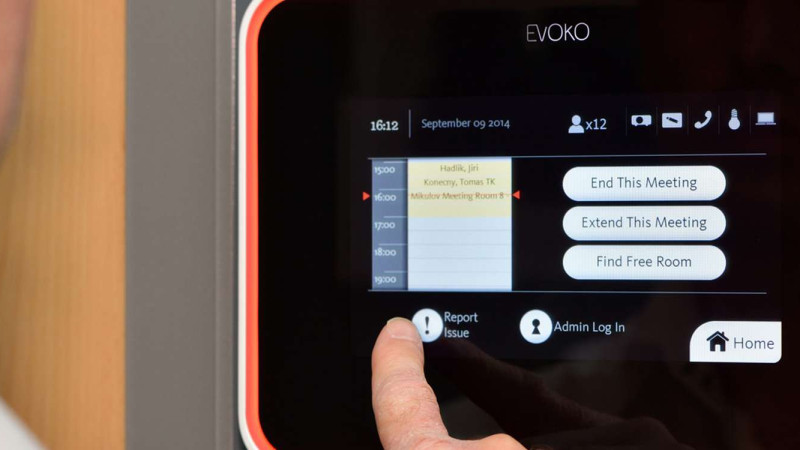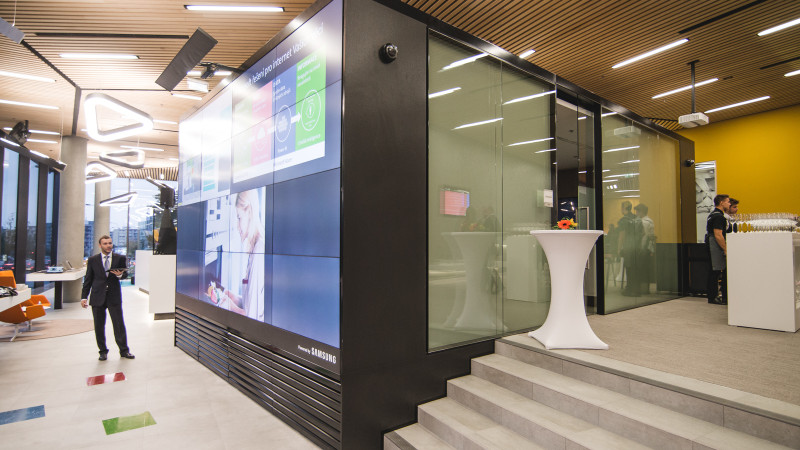
Modern Dispatcher Training in ČEPS
The main mission of ČEPS, a.s. is to ensure safe and reliable operation and development of the electricity transmission system within the Czech Republic and interconnected European systems.
This achievement is greatly assisted by the dispatching workplace in Prague, where dispatchers manage the operation and maintain a balance between generating and consuming energy in the transmission system.
The difference between theory (gaining information) and practice (acquiring skills and knowledge and using them in operation) is crucial for dispatchers, said Petr Froněk, the head of training and the trainer of dispatchers, who has 23-year experience as a dispatcher at the start of the interview. This is an exceptionally important distinction, on which our approach to educating, developing and evaluating dispatchers also depends on. I would compare it to the Czech saying “to know about something does not mean to know how to do it”.
We practice basic manipulation and solving simple malfunctions with dispatchers on trainings, but we also verify their behaviour in real time and the procedure of solving any extraordinary events or failure and renewing the supply of electricity in a so-called blackout.
The dispatcher monitors system operations and makes the right decisions, determining the correct procedure that can be later reviewed. However, in order to achieve the required knowledge, he/she must continuously undergo practical training.
We focus on transferring key information in the form of digital enrolment during the trainings as well as live simulations. I have come to the conclusion that asking the right questions is much more important than knowing the answers to the questions.
Knowing WHAT (i.e. information) is less important than knowing HOW (i.e. skills) and it is worth knowing WHY (i.e. expert knowledge with many years of experience). We focus not only on what you know in the final tests, but also on what you know how to do. We concentrate on linking the information acquired and the skills and knowledge gained. Thus, the training is designed to guarantee that the dispatchers are absolutely prepared for their responsibilities at work.
Effectiveness is also an important principle for us. Each training simulation is individual, but from the point of view of the information sources used, some are similar. The mainly analogue materials we used to use have been replaced by full digitization. This decision was crucial to us. In today’s digital world, we cannot get by without sharing current map data, photos and print screens of pictures taken from Microsoft Office or other applications.
Thanks to the interactive SMART display, we can present digital presentations, while complementing them with hand written text or visual comments in different colours, thicknesses and pre-prepared templates. The ease of updating the documents that have been created is also important.
We have also been inspired by modern trends and technologies in education at primary and secondary schools, where interactive whiteboards and displays have been successfully used for several years. We were curious about how teachers are able to incorporate a combination of frontal, group and individual lessons into one lesson. We need people to get the most out of this training, but to actively engage and get feedback with the help of visual materials.
Visual materials are the best source of information for the human brain, as an enormous amount of data enters the eyes through the optic nerve. According to one study, this may be up to 9 Mb/per second, which is why we focus on sharing the aforementioned maps, charts, pictures and schematics, allowing us to explain the context much more quickly and simply than words and numbers alone.
We have also managed to create a rough outline of an internal digital platform in less than half a year, a so-called “Dispatcher’s Guide”, in which we store all the findings of the trainings and simulations, where dispatchers can be reminded of the knowledge gained at any time or prepare for further planned trainings, noted Mr Froněk when concluding our interview.
